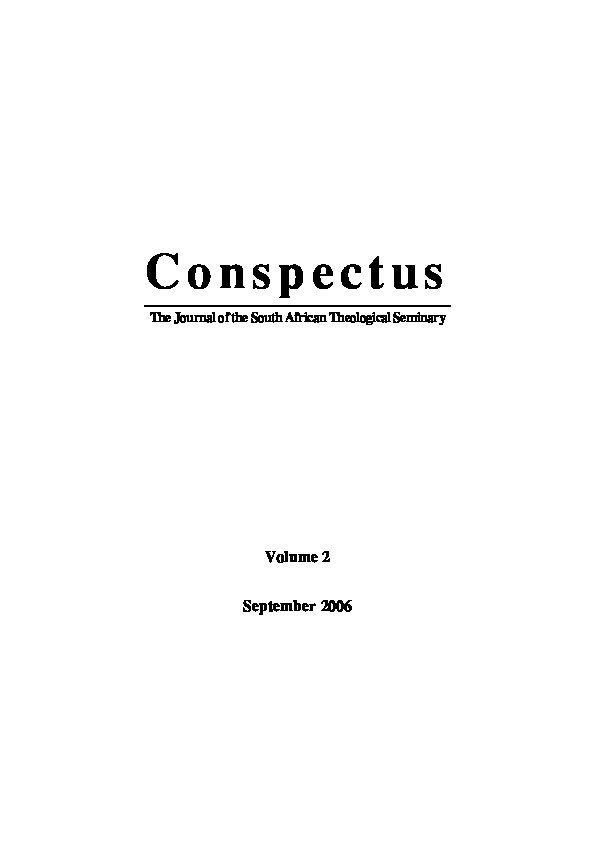How Does Prayer Affect God’s Plan?
If God is sovereign and His plans fixed, why pray? Does prayer change what God has purposed to do? If not, what is the point in praying? One could take these questions even further and say: if prayer has any effect on what happens, then it would seem that God’s plans are not fixed. On the other hand, if God has settled His plans and He will do what He is going to do, then does it matter whether we pray or not? Every committed Christian wants to believe that prayer makes a difference. Thus, this article has a twofold purpose. The first is to show that God’s providential plans and His command for Christians to pray are consistent with His purpose to bring about His plans through prayer. The second is to answer the question: does God heal when one prays, and specifically when it comes to intercessory prayer? Bringing clarity to these questions is important as it has a direct bearing on how we will view miracles and God’s willingness to answer prayer.
Could David Have Written Psalm 5?
Is it plausible that David might of have written Psalm 5? Taken at face value, the Hebrew text attributes authorship of Psalm 5 to the pen of David by way of the inscription “of David” in the heading. Nineteenth century critics claimed that David could not have written a psalm that alludes to worshipping in the Lord’s “house” and at His “temple.” In spite of able counters by evangelical scholars (e.g., Keil and Delitzsch 2002), the critics won the day. As a legacy of their influence, almost every major commentary on the Book of Psalms since 1900 has virtually presupposed that David could not have written Psalm 5 and other David psalms that refer to the temple). However, the claim that David could not have written a psalm in which the author vows to worship at the Lord’s “house” and “temple” proves unconvincing when we analyse the usage of those terms prior to the construction of Solomon’s temple. In this article, I hope to show that it remains plausible for a modern student of Scripture to believe in the Davidic authorship of Psalm 5.
Let the People Sing: A BLUEPRINT for Hymn Singing
For 2000 years, hymns have played an important role in the theological and Biblical teaching of the Christian church. From early Christian hymns such as Philippians 2:6-11, Colossians 1:15-20 and Ephesians 5:14, to Ambrose’s Trinitarian hymns, theologically sound hymns were part of the worship of the early church. The Medieval era saw a decline in congregational participation in hymn singing as choral singers trained in the Schola Cantorum performed service music without the involvement of the lay worshipper. Reflecting their belief in the priesthood of believers and in the value of hymns as tools for teaching theology, the Reformers returned hymn singing to the people. Unfortunately, for many Christians, hymns no longer provide a primary tool for learning the Bible or theology. In a reversal of the Reformation, the art of song has been returned to professionals as the assumptions of our performance-oriented society have infiltrated the church. Whether replaced by trained choirs, soloists or praise teams, congregational song is at risk in many churches today… This article examines the role of the worship leader in encouraging the congregation to sing hymns (whether traditional or contemporary) that teach Biblical truths in a memorable manner. This article suggests a BLUEPRINT for more effective hymn singing. The BLUEPRINT model can be divided into two sections. Part I provides principles for the careful selection of hymns, while Part II offers principles for the careful presentation of these hymns to the congregation. Each of these aspects can contribute to a more effective use in hymns in today’s church.
Same-Sex Marriage: A Current South African Christian Perspective
This article deals with same-sex marriage from a Biblical Christian perspective. It is not a treatise on homosexuality from either a Biblical or sociological point of view. The article deals with homosexuality, per se, only in as much as is necessary to examine the question of the Biblical Christian stance concerning same-sex marriage.
Volume 2
September 2006
Checkmating the Human Drive for Life
The major premise of this essay is that since the dawn of time, the human drive for life has been checkmated by death. A Biblical-theological examination of Genesis 5 and Ecclesiastes 1 indicates that despite the efforts of people both individually and collectively to extend the realms of human existence, their efforts are ultimately ambushed (in a manner of speaking) by the end of life.
A Biblical Critique of the Two-fold Theory of Dispensationalism: The Distinction between Israel and the Church
Some might question the necessity for a Biblical evaluation of Dispensationalism, because a vast amount has already been written about this subject, or because of the seeming futility of continuing to challenge a system that is so widely accepted by believers today. However, I feel this critique is fully justified in the light of so much evidence that demonstrates that Dispensationalism rests on a questionable use of Scripture. In his book entitled, Wrongly Dividing the Word of Truth: A Critique of Dispensationalism, Gerstner (1991:150) emphasizes the seriousness of the theological error of Dispensationalism.

